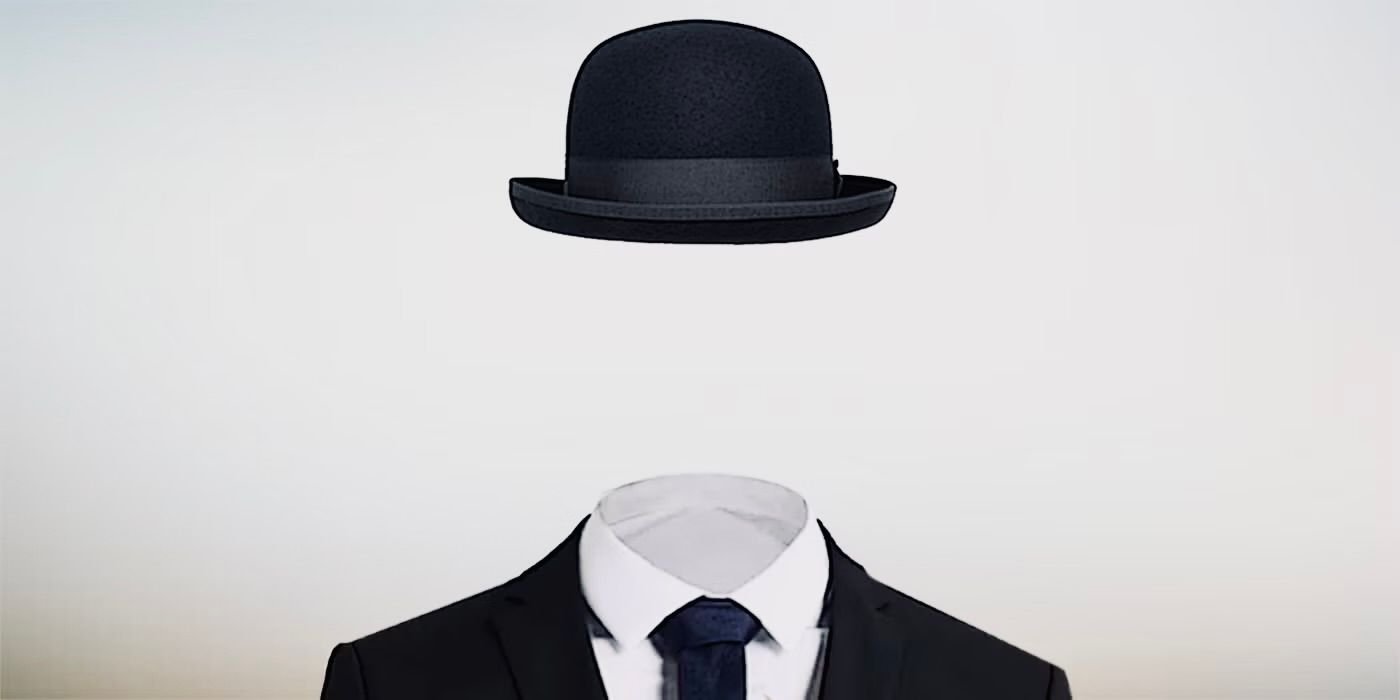Invisible Man
June 6, 2025
Sign up for blog updates!
Join my email list to receive updates and information.

Does the latest version of me even cast a shadow?
I was in Manhattan last Sunday to attend the Metropolitan Opera production of La Boheme. I walked almost six miles through midtown streets that lovely Spring day, just reveling in the pulse of the city. All the while, I felt invisible.
I’m technically retired. I don’t have “a job.” My material value is no longer recognized by way of formal financial compensation. So I have to validate myself nowadays through more spiritual endeavors, like writing and teaching programs in healing poetry.
Where I was once the youngest in the room, I’m now the oldest. I suspect these are the early steps in my demise.
All the people who mentored me are gone – teachers who guided me toward the pursuit of excellence, and the bosses who evaluated my performance. Friends and colleagues who navigated the currents of life and career with me are no more who were yo. Just last month another friend died, who was younger than I am.
What it’s like to feel invisible?
Women who in bygone days made eye contact with me when we passed on the sidewalk no longer glance in my direction. Of course not – they could pass for my granddaughter. The only ones who acknowledge me are waitresses, who call me “Sweetie.”
When I was forty-one I ran more than twenty-six miles through the five boroughs of New York City. Now I automatically gravitate to the sides of subway stairs so I can grasp the handrails. Grown men defer to me in doorways and call me “Sir.” I assess the flashing “Don’t Walk” countdown to gauge whether I can make it to the other side of the street before the traffic light changes. I keep one eye on the sidewalk in front of me constantly, less my Joe Biden shoes catch a crack.
Yet, all the while, my mind views the world as if I were a twenty-something, eagerly imagining how I’d look in the cool jacket that shop-window mannequin is sporting, or assessing if I can afford a Porshe like the one purring by, or assuming I can walk almost six miles without feeling it the next morning..
If you’re familiar with La Boheme, you might notice the plot has an uncanny resemblance to the cast of Seinfeld – a tight band of young men and a pretty girl.
The men – a poet, a painter, a philosopher, and a musician – are just beginning their careers and trying to make it in their chosen pursuits. Why, at the sunset of my life, was I identifying with these guys last week and not with their elderly landlord?
So that was my Sunday Funday in the city. Fully aware that nobody noticed I was there. Nor did they care one way or another. I felt already forgotten, as surely as if I were sealed away in my cemetery crypt.
This is the latest version of me. An invisible man who wonders if my declining body even casts a shadow on the sunny side of the street.
